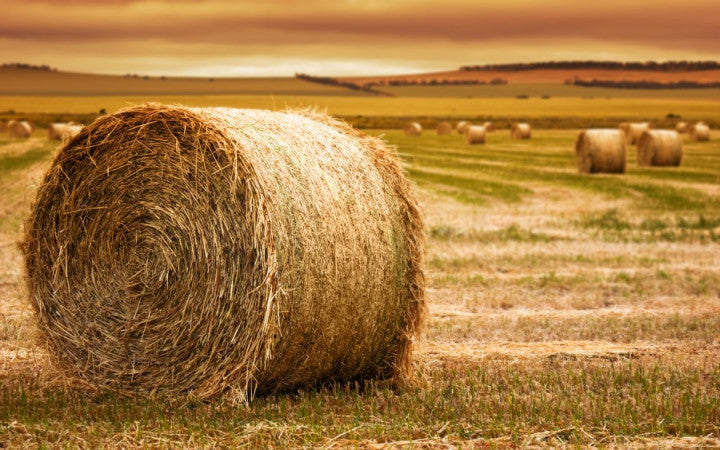Rabbit Owners Journal
Pine Cone Curiosity: A Bunny's Guide to Forest Snacks
In the wild world of rabbit diets, pine cones stand as a topic of intrigue. These forest offerings, often scattered beneath evergreen canopies, catch the eye (and nose) of our fluffy companions. But is this natural treat safe for your hoppy friends? Let's burrow into the details. 1. Key Takeaway: Pine Cones and Rabbit Diets Rabbits can chew on pine cones, but there are considerations. They should be clean, free from sap, and given in moderation. While not a nutritional necessity, pine cones can offer enrichment through chewing and mental stimulation. 2. Pine Cones: A Safe Snack or Risky Ration?...
Veggie Ventures: Exploring the Green Goodies for Horses
Dive into the verdant world of vegetables! While some of us might be a tad picky, our four-legged equine companions often show curiosity towards these crunchy delights. But which greens are horse-approved, and which should stay off the menu? 1. Key Takeaway: The Green Graze for Horses While horses can relish a selection of vegetables, not every green treat suits them. Stick to the horse-approved list, always introduce new foods cautiously, and remember: their primary diet should be of high-quality hay and staple feeds. 2. Veggie Buffet: What's on the Plate for Horses and Ponies Carrots: A universally adored treat....
Pine Predicament: Is the Christmas Tree Safe for Your Bunny?
As rabbit owners, we often ponder what natural elements our furry friends can safely nibble on. With the festive season around, a question hops into mind: Can rabbits eat Christmas trees? Let's delve into this piney inquiry and uncover the truth about bunnies and pine trees. 1. Key Takeaway: Pine Trees and Rabbits – To Nibble or Not? Rabbits should generally avoid eating pine trees, including needles, bark, and sap. While not overtly toxic, pine can cause digestive issues and other health concerns in rabbits. It's always safer to stick to bunny-approved foods and treats. 2. Can Rabbits Eat Pine Needles?...
From Field to Store: The Journey of Hay and Its Impact on Freshness
Key Takeaways Topic Details Hay Production Process Cutting, drying, and baling for optimal nutrition. Hay Storage Proper conditions and factors affecting storage losses. Hay Transportation Minimizing damage during transport. Hay Quality Assessment Visual inspection and chemical analysis. Hay Freshness Factors Moisture, environment, and ventilation. Buying & Storing Tips Choosing reputable growers and ensuring proper storage. Introduction Hay is a pivotal component of livestock nutrition, especially for rabbit and guinea pig diets. Its quality and freshness significantly influence the health of animals. Throughout its journey from the field to the store, several factors play a role in maintaining its prime condition....
From Seed to Bale: The Lifecycle of Hay
Key Takeaways Topic Details Planting Seeds Choosing hay type and planting in nitrogen-rich soil. Hay Growth and Harvest Importance of timing and weather conditions. Hay Anatomy Understanding seeds, stems, and leaves. Hay Variability Impact of environmental factors on hay traits. Hay Bale Composition The ecosystem within a hayfield. Importance in Small Herbivores Benefits to digestive, dental, and mental health. Hay Storage and Preservation Techniques to prevent mold and retain nutrients. Introduction Hay is an essential nutrient source for small herbivores and livestock. Besides its nutritional significance, hay is a testament to the intricate processes of nature, turning seeds into nourishing...
